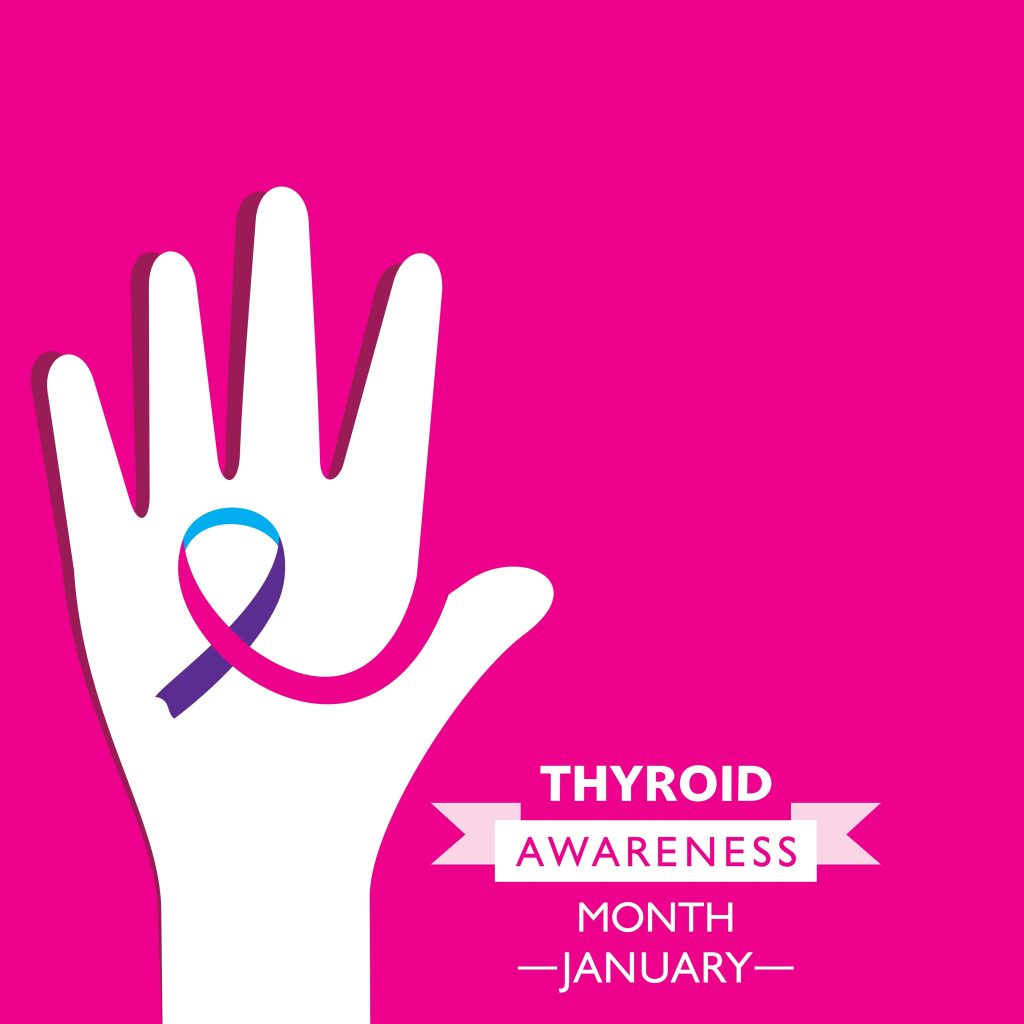
January marks Thyroid Awareness Month, a dedicated time to raise awareness about thyroid disorders, their impact on overall health, and the importance of early detection and proper management. The thyroid gland, a small but powerful organ in the neck, plays a crucial role in regulating various bodily functions. Here’s a closer look at Thyroid Awareness Month and why it matters.
About 42 million people in India suffer from thyroid diseases[1]. Don’t leave your thyroid health to chance—opt for a blood test to assess if it is working fine.
Book Now
6 things you might not know about your thyroid gland:
1. Your thyroid governs your body’s rhythm
The thyroid gland makes hormones like triiodothyronine (T3) and thyroxine (T4) responsible for metabolism, growth, heart regulation, muscle activity, digestion, brain development, and bone health. It plays a pivotal role in regulating weight and metabolism by influencing how the body converts food into energy.
2. Your thyroid craves iodine
Iodine is vital for thyroid cells to produce hormones. Inadequate supply leads to iodine deficiency, causing goiter (enlargement of the thyroid gland), hypothyroidism (insufficient thyroid hormone production), and potential intellectual disabilities in infants of iodine-deficient mothers during pregnancy.
Approximately 30% of the global population is vulnerable to iodine deficiency[2]. Since the body doesn’t naturally produce iodine, increase your intake of iodine-rich foods like iodized salt, eggs, prunes, etc., or consider taking supplements.
Get Iodine Supplements Here
3. It can go hyper or hypo
Your gland can become overactive, secreting excess hormones (hyperthyroidism), or slow down, becoming underactive (hypothyroidism), each with distinct symptoms. Symptoms of hyperthyroidism include weight loss, nervousness, anxiety, and menstrual irregularities. Symptoms of hypothyroidism include fatigue, weight gain, dry skin, and constipation. Regular check-ups and blood tests are crucial for early detection.
If you’re grappling with any of these symptoms and seeking clarity, it’s time to consider a thyroid checkup. Schedule Now
4. Impact of autoimmune conditions
Autoimmune diseases, such as Hashimoto’s thyroiditis and Graves’ disease, can impact the thyroid. In Hashimoto’s, the immune system attacks the thyroid, causing hypothyroidism, while in Graves’, it leads to hyperthyroidism. Awareness and early diagnosis are vital for managing autoimmune thyroid conditions.
5. Controlled by the pituitary gland
The pituitary gland, often referred to as the “master gland,” regulates thyroid function by releasing thyroid-stimulating hormone (TSH). TSH prompts the thyroid to produce and release thyroid hormones, ensuring a balanced system.
6. Lifestyle factors matter
While thyroid disorders can be managed with medications, you must never miss a dose and regularly consult your doctor. Additionally, maintaining a healthy lifestyle—eating right, getting proper sleep, and staying active—can play a key role in effectively managing your thyroid levels.
Need to refill your medicines? Build Your Cart Now
Remember
Awareness is key for better outcomes in chronic issues, including thyroid disorders. This Thyroid Awareness Month spread the word about the thyroid gland to stay in control of your health. Regular check-ups, a balanced lifestyle, and a mindful approach to overall well-being contribute to a healthier thyroid and, consequently, a healthier you.
(The article is written by Monalisa Deka, Senior Health Content Editor)
References
1. Unnikrishnan AG, Menon UV. Thyroid disorders in India: An epidemiological perspective. Indian J Endocrinol Metab. 2011;15(Suppl 2):S78-81. Available from:
https://www.ncbi.nlm.nih.gov/pmc/articles/PMC3169866/
2. American Thyroid Association. Available from: https://www.thyroid.org/iodine-deficiency/#table1
